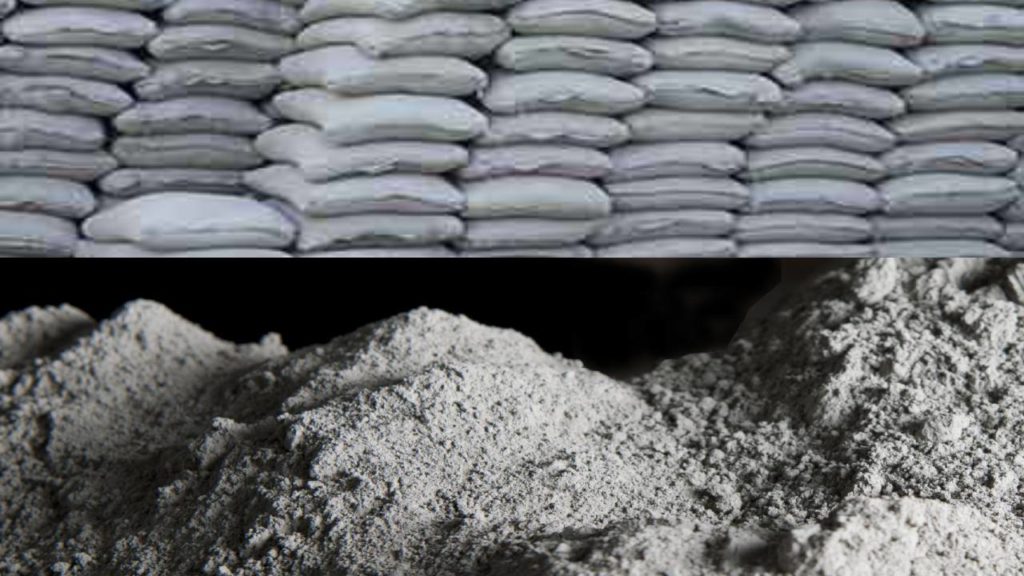
We often source the following types of Cement:
As a corporate entity, we are a sales promoter to the cement companies. We introduce their products to the prospective customers at a mutually agreed commission, based on the value of the business deals arranged and paid.
We complement the buyer and seller for a win-win benefit through our negotiation skills, whereby both the parties gain mutually.
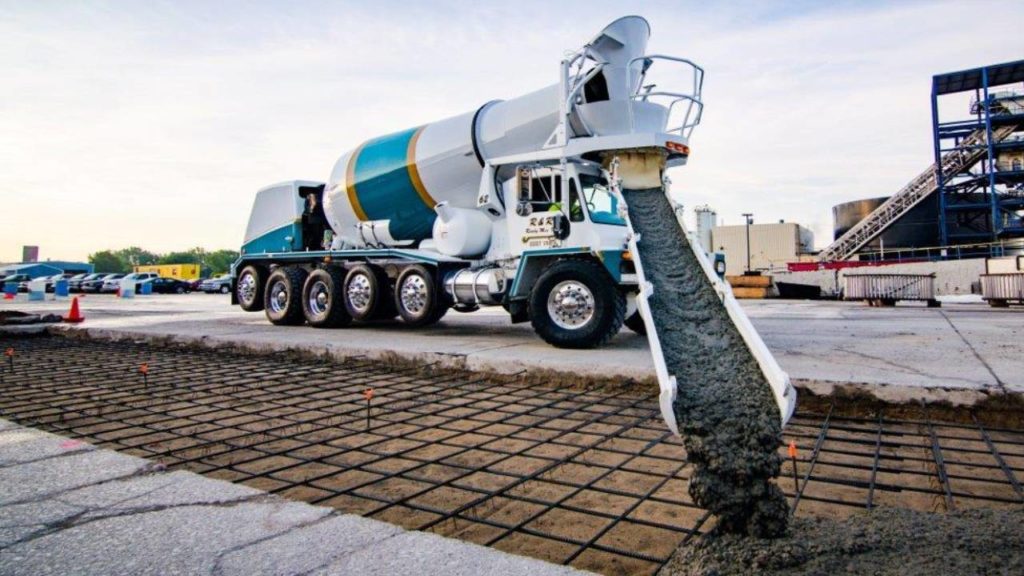
Ready mix concrete is confided in alike by extensive engineers, little temporary workers, manufacturers, draftsmen, government organizations, and individual house developers who are building their first dream home.
There are three reasons why our own is the most favored prepared blend concrete in India: Consistent nature of cement created in mechanized grouping plants; under stringent quality conditions. On-time conveyance. Wide scope of imaginative esteem added items to enable clients to spare time and cash.
We provide the Ready-mix with reasonable price and with best quality. We are supporting the leading brands in the market.
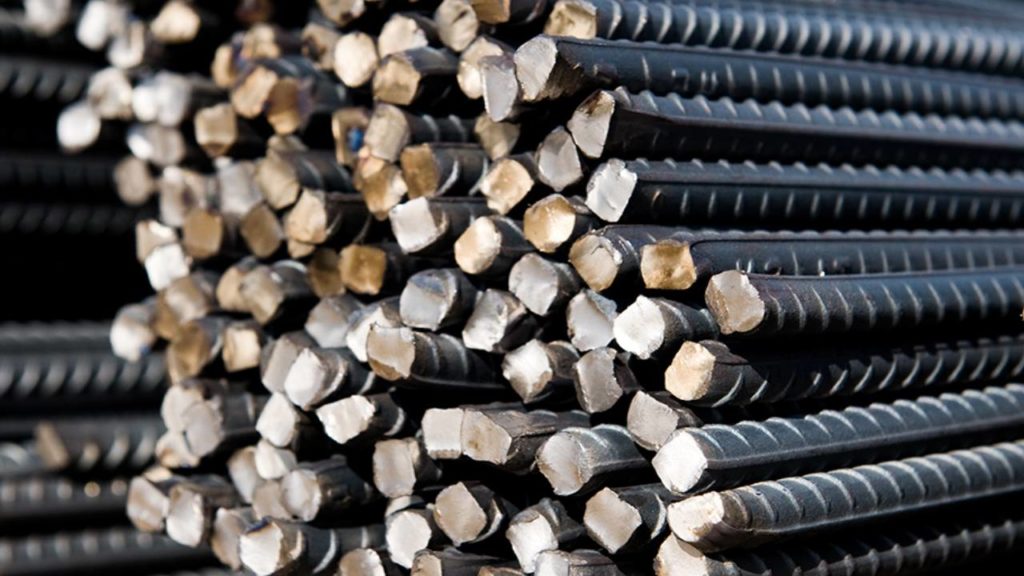
The iron and steel industries are among the most important industries in India. During 2014 through 2016, India was the third largest producer of raw steel and the largest producer of sponge iron in the world. The industry produced 82.68 million tons of total finished steel and 9.7 million tons of raw iron.
The iron and steel Industry is the basic industry since all the other industries — heavy, medium and light, depend on it for their machinery. Steel is needed to manufacture a variety of engineering goods, construction material, defence, medical, telephonic, scientific equipment and a variety of consumer goods.
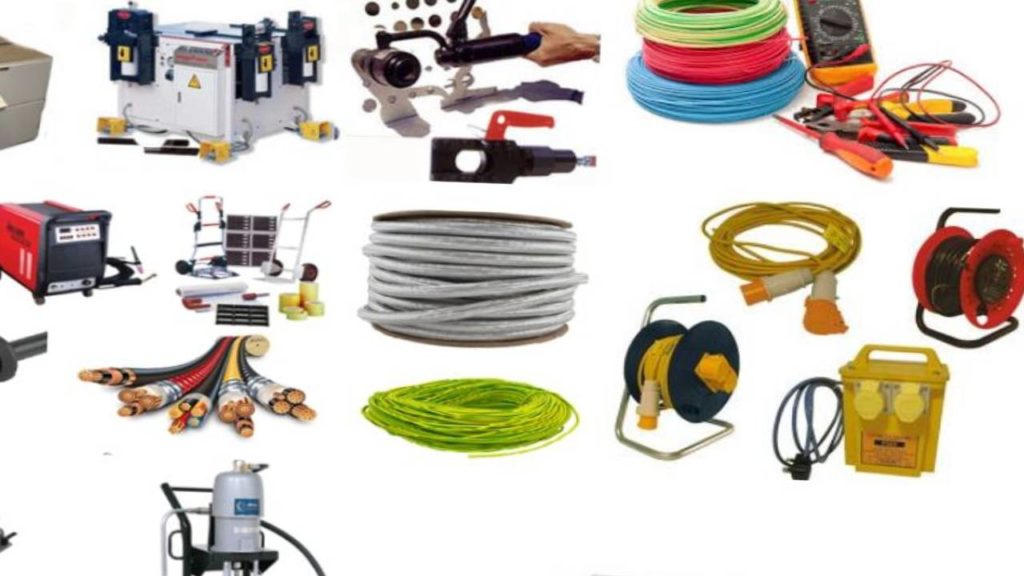
Conduits/Pipes an electrical materials used as the passage of wires for protection and insulation. These could be rigid metallic, flexible metallic conduit (FMC), rigid nonmetallic (PVC), and flexible non- metallic or corrugated plastic conduit (CPC).
Products like Electrical Conduit and Conduit Fitting…

A brick is building material used to make walls, pavements and other elements in masonry construction.
Types of bricks:
Burnt Clay Bricks:
Burnt clay bricks are the classic form of brick, created by pressing wet clay into molds, then drying and firing them in kilns. This is a very old building material—the type of brick found in many of the ancient structures of the world.
Fly Ash Bricks:
Fly ash brick (FAB) is a building material, specifically masonry units, containing fly ash and water. Compressed and cured for 24 hours i, then toughened with an air entrainment agent.The manufacturing method saves energy, reduces mercury pollution, and costs 20% less than traditional clay brick manufacturing.
Concrete Bricks:
Concrete brick is a mixture of cement and aggregate, usually sand, formed in molds and cured. Certain mineral colours are added to produce a concrete brick resembling clay.
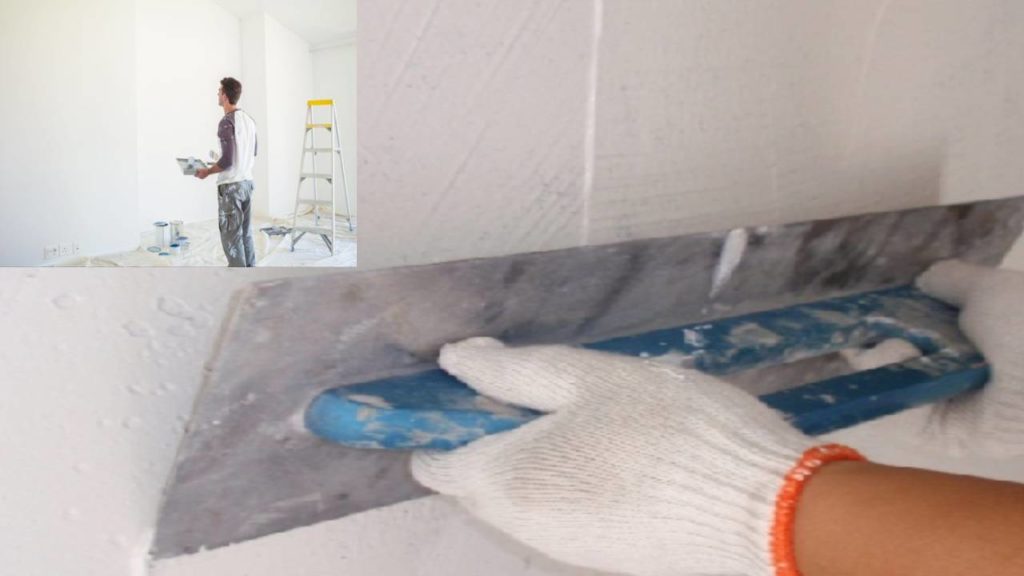
Wall putty is a well-known term used for a material with high plasticity, which is very similar in the texture of clay or dough and is typically used in domestic construction as a primer to colour or protective sub-layer to paint primer as well as a sealant or filler.
Benefits of Applying Wall Putty before Painting:
Smooth Surface for Painting – When applied appropriately to the walls, wall putty fills the imperfections, cracks and faults on the surface. …
Moreover, wall putty reduces deterioration of walls by making it water resistant, flake resistant and abrasion resistant.
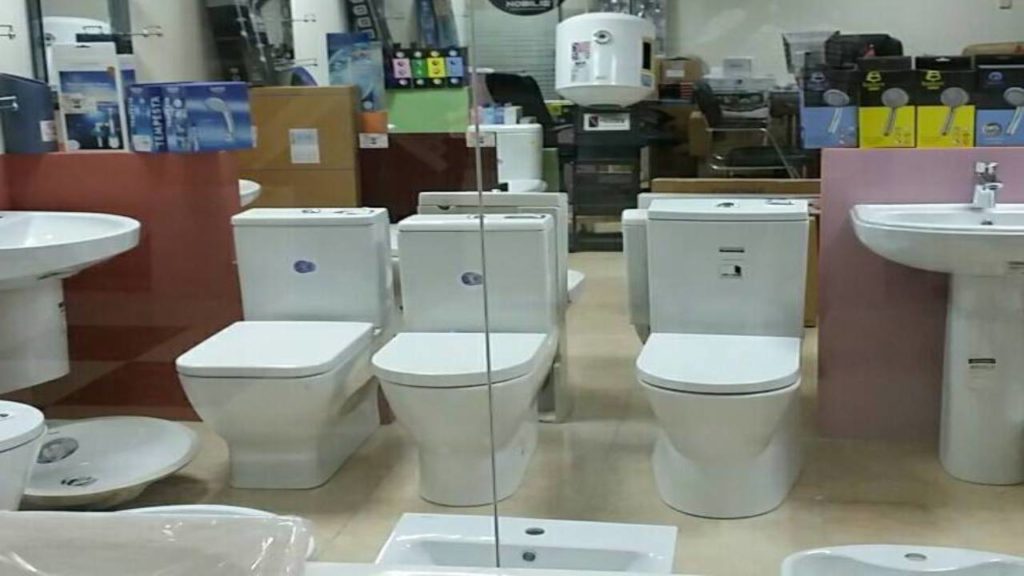
The term ‘sanitaryware’ or ‘sanitary ware’ is a slightly ambiguous one that in very general terms refers to sanitary appliances found in installations, such as toilets and bathrooms.
In its narrowest sense, it can be taken to refer to WC bowls, cisterns, bidets, urinals, and washbasins (and sometimes sewerage pipes), that have traditionally been manufactured from porcelain (a ceramic material made from clay that might be described as ‘vitreous china’ when coated with enamel). This might be referred to as ceramic, porcelain or china sanitary ware, and is often white.
However, sanitary appliances are now made from a wide range of materials, including metals, acrylics, glass, and so on, and ‘sanitaryware’ is sometimes now interpreted to include a wider range of appliances that might be found in sanitary installations such as baths, showers, bins, incinerators, macerators, and so on.